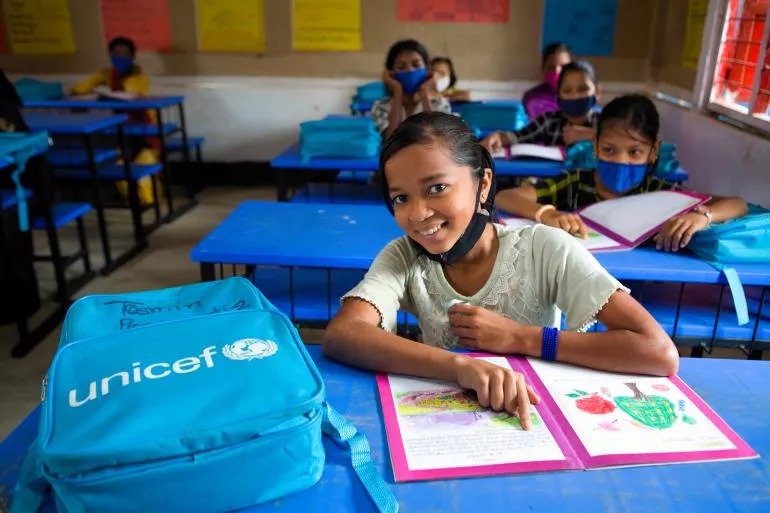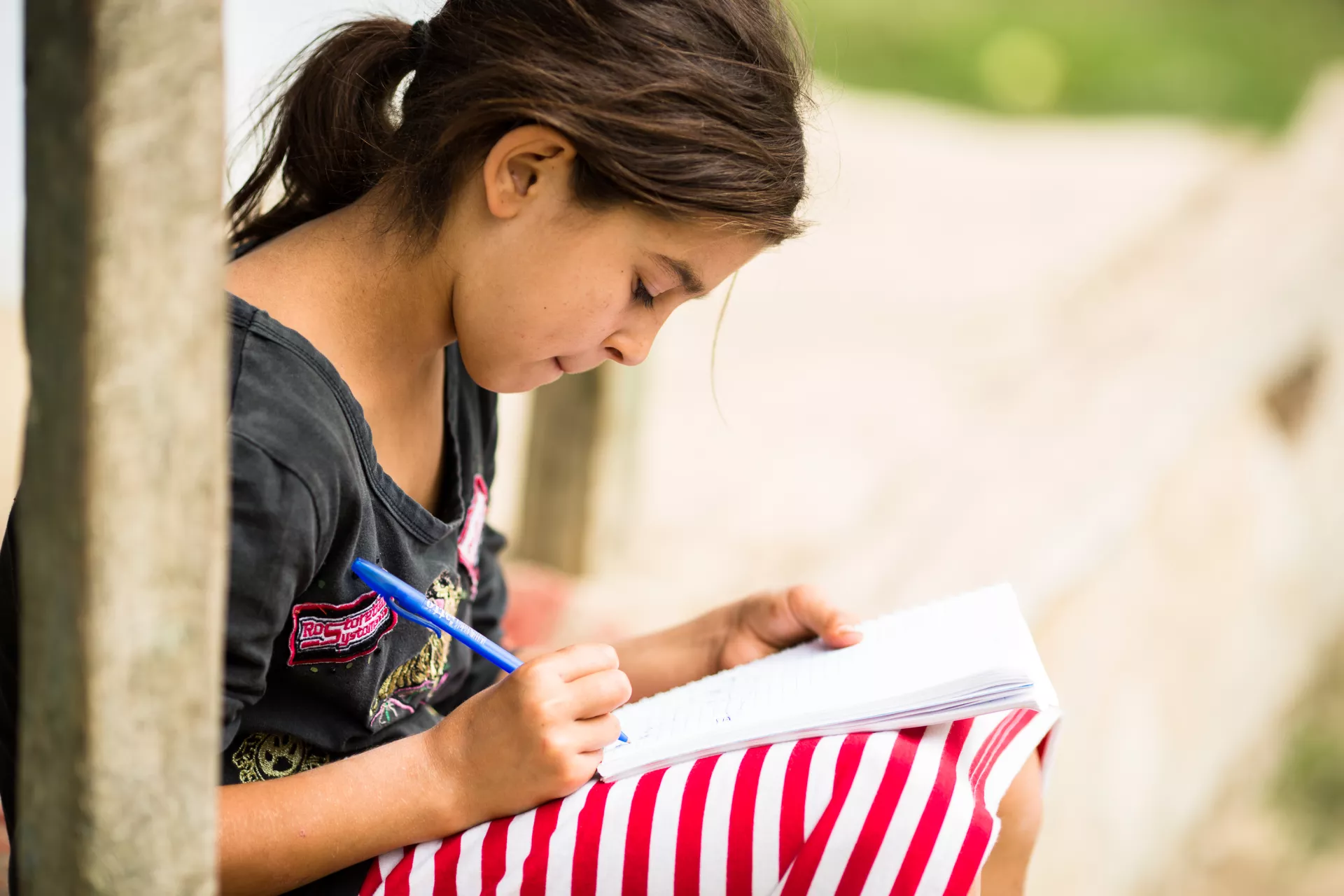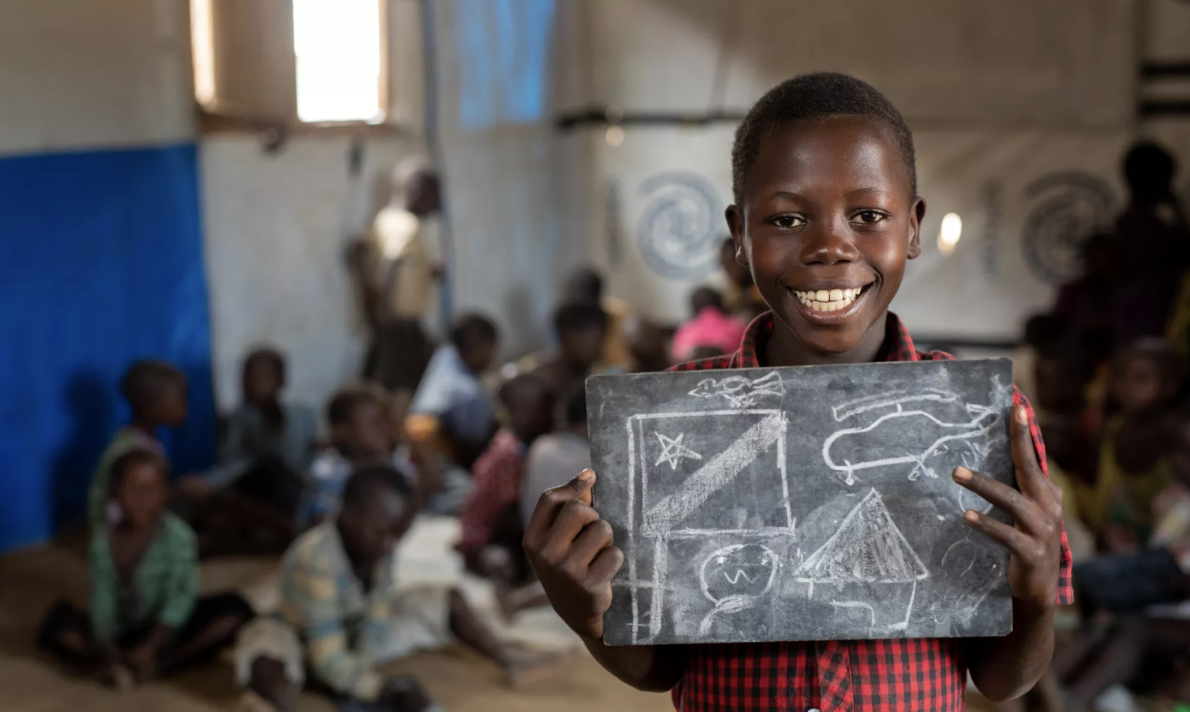Access to Clean Water: A Fundamental Human Right
Improving access to safe water and sanitation transforms children's health, education, and safety worldwide, with UNICEF leading impactful initiatives across over 100 countries
The Global Water Crisis
Access to safe water and adequate sanitation is a basic human right, yet millions of children across the globe lack this essential resource. UNICEF reported that in 2022, 2.2 billion individuals did not have access to safely managed drinking water services—equating to about 1 in 4 people, and 3.5 billion lacked safely managed sanitation facilities. This crisis disproportionately affects children, leading to significant health, educational, and social repercussions.
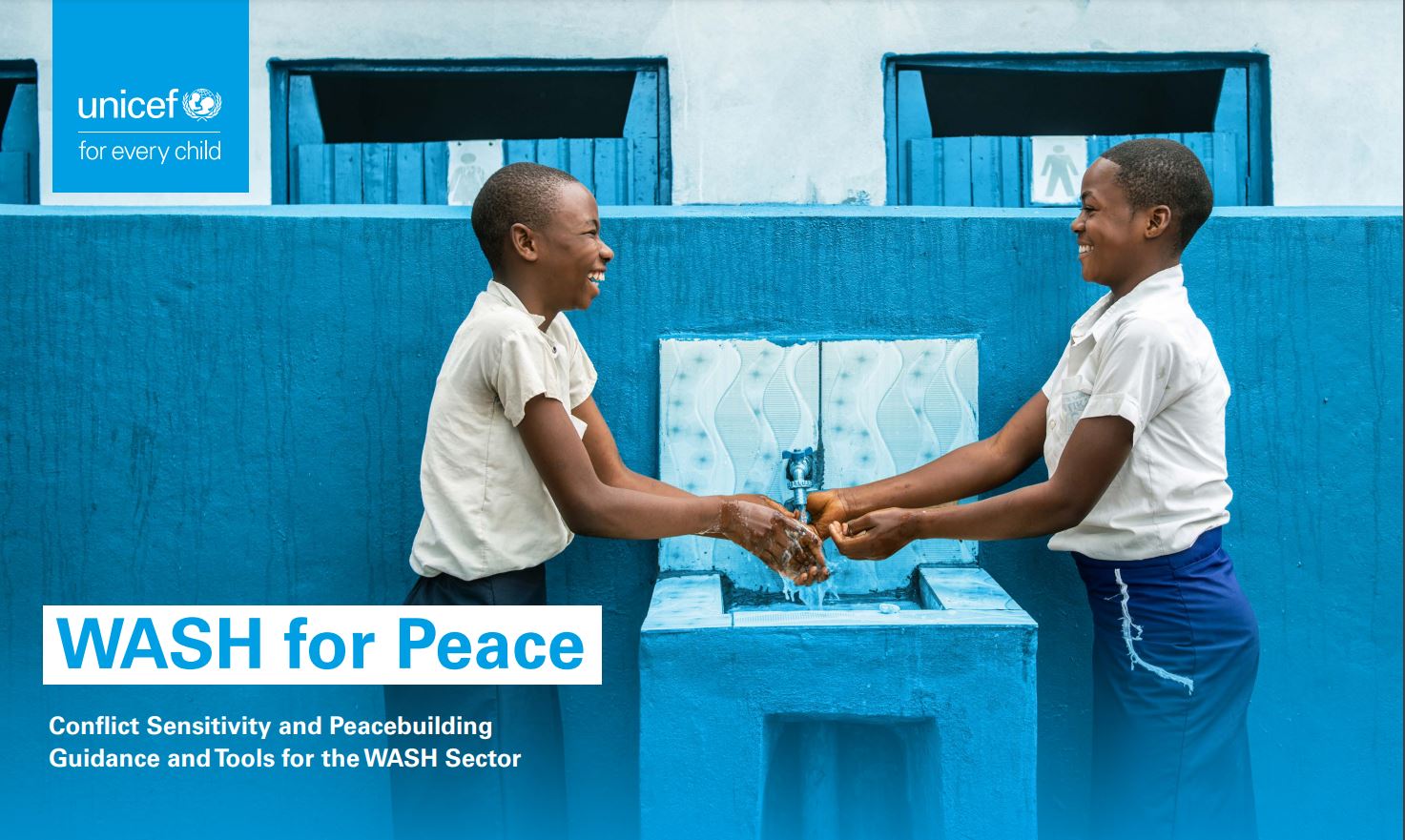
Health Impact
The lack of safe water and sanitation services puts children at risk of waterborne diseases such as cholera, dysentery, typhoid, and polio. Diarrheal illnesses, often caused by contaminated water, are among the leading causes of death in children under five. Furthermore, repeated infections can lead to malnutrition and stunted growth, hindering both physical and cognitive development.
Success Story: Ethel's Journey
"The construction of the borehole allowed me to have ample time of preparing for my standard eight examinations. The borehole is just a few minutes from my home, so I had ample time to prepare."
Not too long ago, 15-year-old Ethel from Chiswankhata Village in the Rumphi district of northern Malawi would get up in the early hours of the day to walk around a kilometre to gather water for her family. In 2024, UNICEF, partnering with the Government of Malawi and USAID's Bureau for Humanitarian Assistance, repaired the village borehole that had been defunct for three years. Ethel, who was chosen to attend Karonga Girls Secondary School in Northern Malawi, states that the upkeep of the borehole allowed her to get up at 3am to study instead of gathering water.
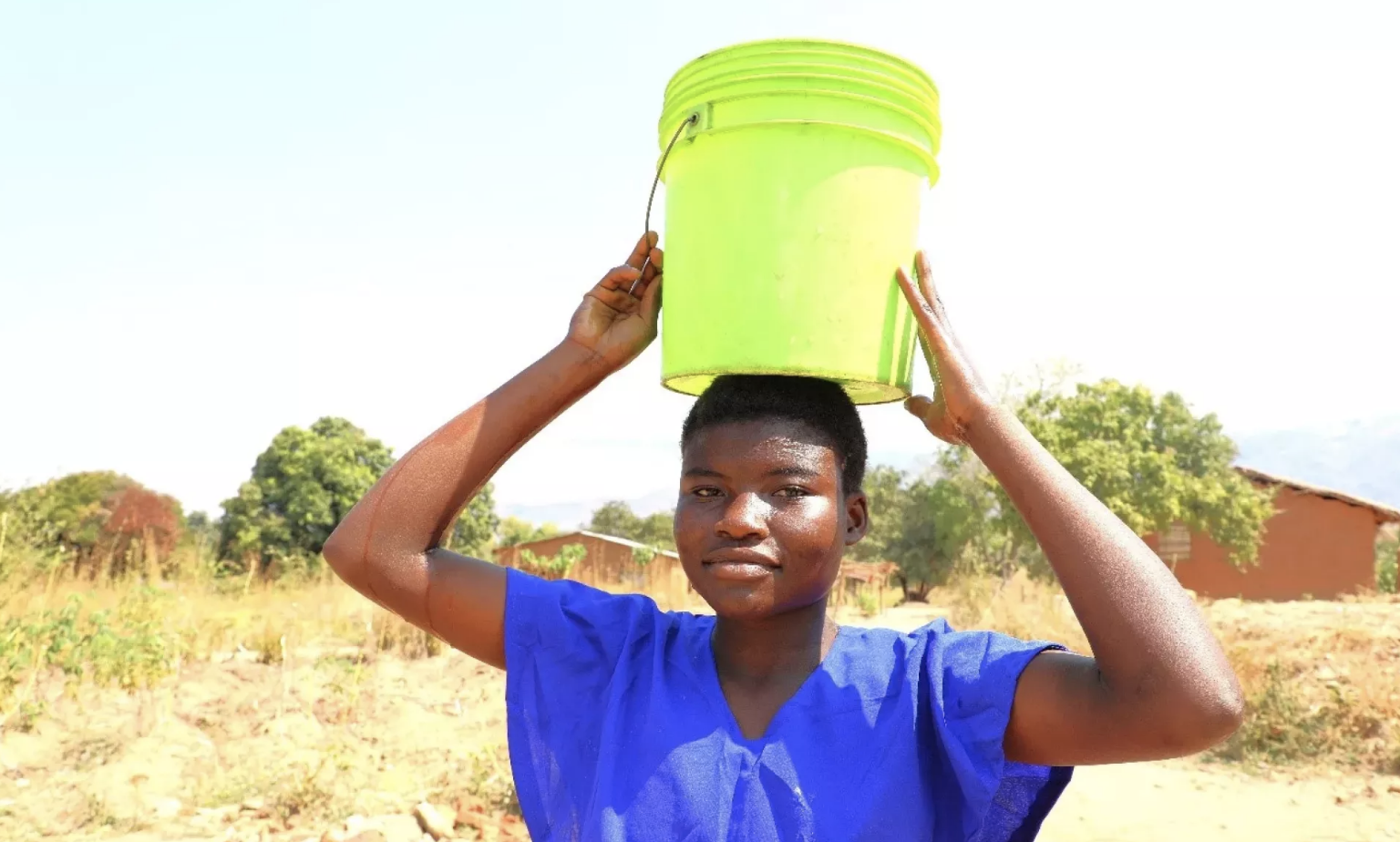
Yemen Case Study: Transforming Communities
In the city of Harran in the Dhamar governorate, inadequate sanitation systems created dangerous swamps that posed both safety and health risks to the community. Yahya Najmuddin, a father of four, recalls a near-tragic incident where a young girl almost drowned in one of these swamps. While she was saved, the incident highlighted the severe risks faced by the community.
"When there was no water, my children and most of the children of the neighborhood stopped going to school to help their mothers to fetch water from charity water tanks. They are now back to school, and we finally feel safe."
UNICEF's Intervention in Yemen
- Installation of complete sewage system connected to primary drainage
- Creation of sewer access manholes for maintenance
- Implementation of solar-powered water pipeline system
- Development of three innovative water initiatives in Dhamar City
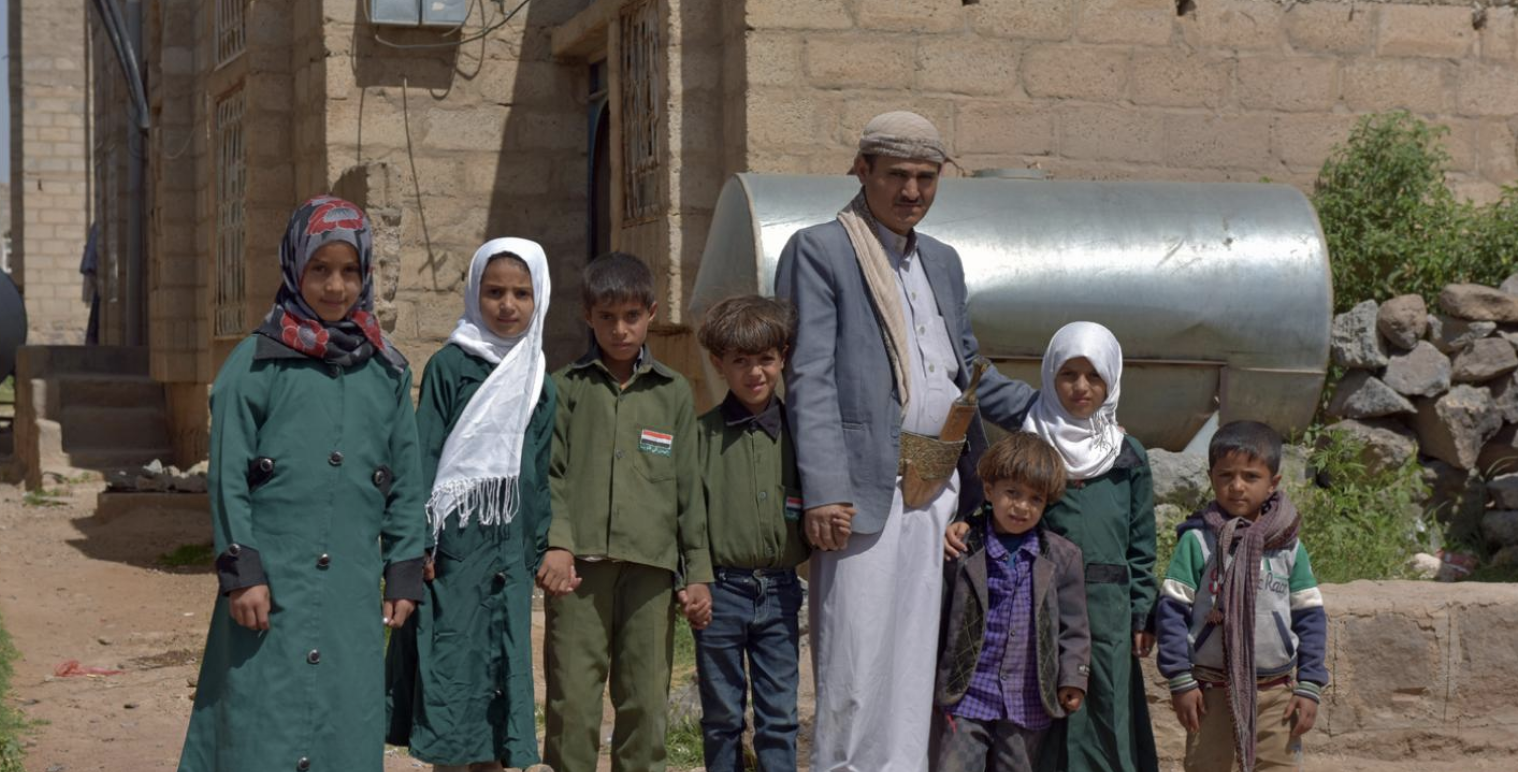
UNICEF's Global WASH Initiative
UNICEF is engaged in more than 100 countries to enhance water, sanitation, and hygiene (WASH) services. Their initiatives involve building and upgrading WASH facilities in educational institutions and healthcare centres, encouraging hygiene awareness, and assisting climate-adaptive water systems. Supported by the World Bank’s International Development Association (IDA) and the German development bank KfW, UNICEF provided the impacted families with a complete sewage system connected to a primary drainage line, directing wastewater to the Dhamar sewage treatment facility. The project also involved the creation of sewer access manholes for the technical personnel to routinely service the system. Additionally, in 2018, UNICEF set up a solar-powered water pipeline system to guarantee safe access to potable water, one of the three innovative water initiatives in Dhamar City backed by UNICEF.
Key Initiatives
- Construction and renovation of WASH facilities in schools
- Development of healthcare center water systems
- Community hygiene awareness programs
- Implementation of climate-resilient water solutions
- Introduction of innovative solutions like the Sato Tap
Impact on Education
The absence of water and sanitation facilities in schools impacts children's education, especially for girls. Inadequate facilities may cause girls to miss school during their menstruation or to leave school altogether. In 2023, it was indicated that 293 million students in schools either lacked access to water or depended on unsafe sources within their school grounds. Moreover, the duty of collecting water frequently rests with girls, reducing their time for schooling and subjecting them to possible risks during extended travels.
